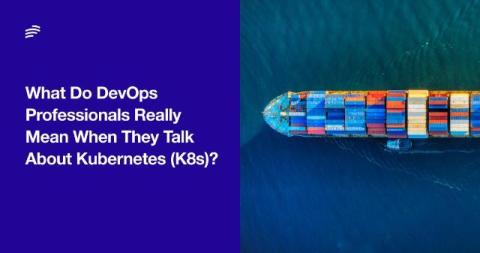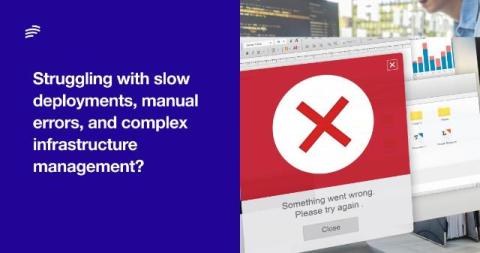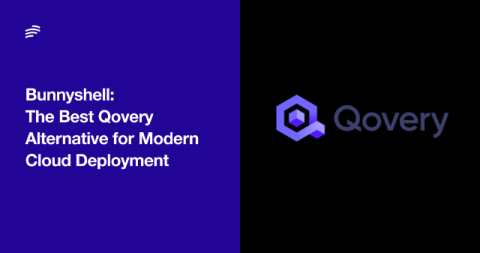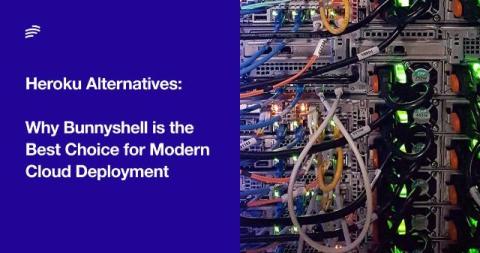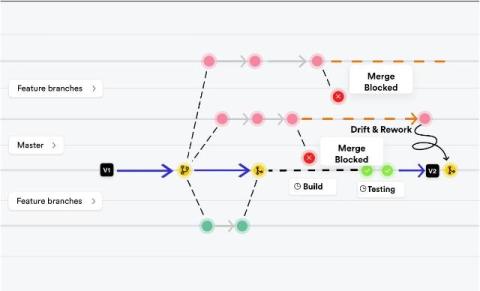Sponsored Post
Top 10 Platform Engineering Platforms for 2024 (September Edition)
Platform engineering is rapidly evolving as businesses look for more efficient ways to manage infrastructure, automate workflows, and improve developer productivity. In this edition, we'll explore the top 10 platform engineering platforms for September 2024, optimized for scalability, automation, and ease of use. These platforms empower developers to focus on building code while platform engineers handle infrastructure with reduced complexity.



